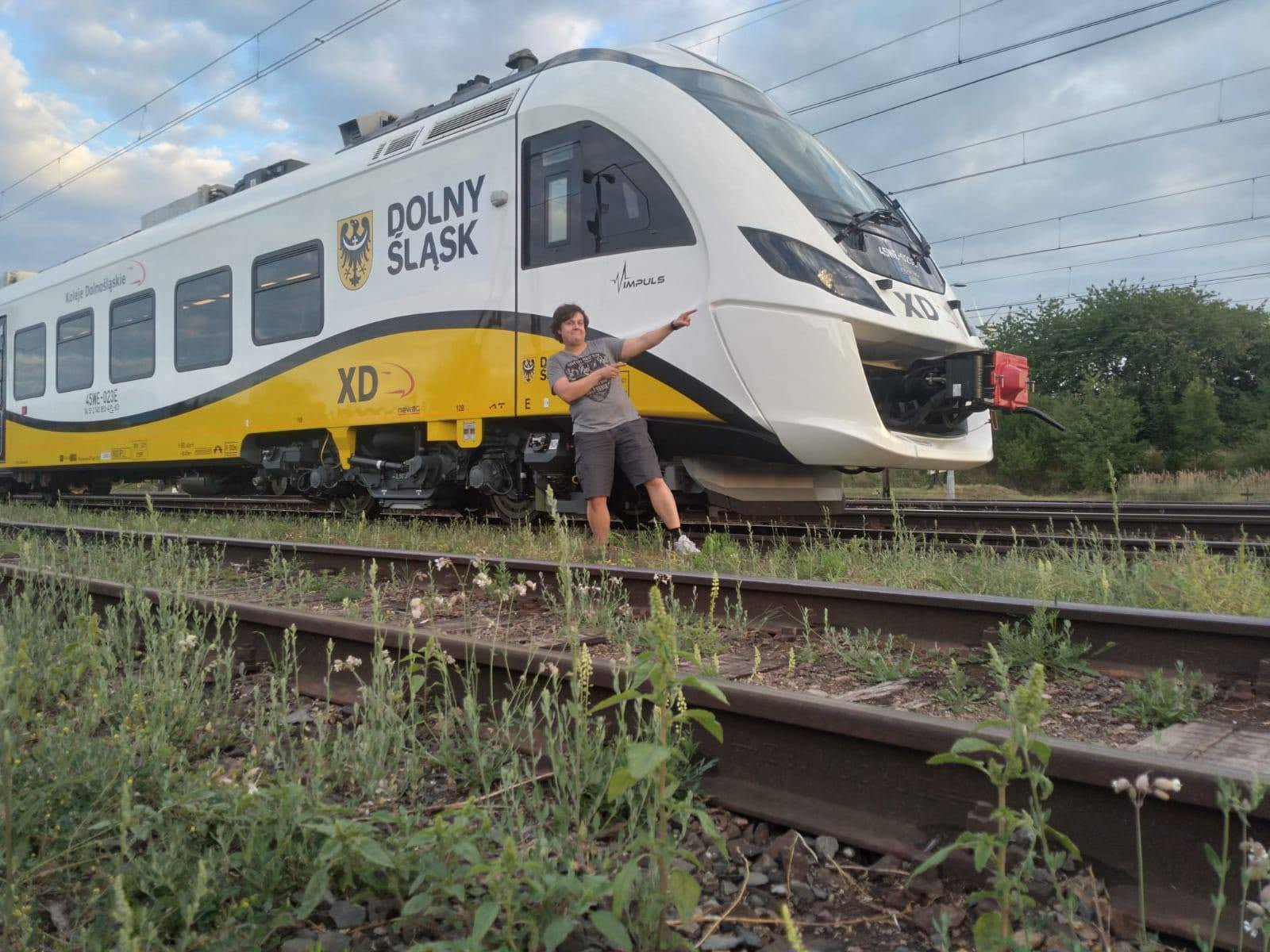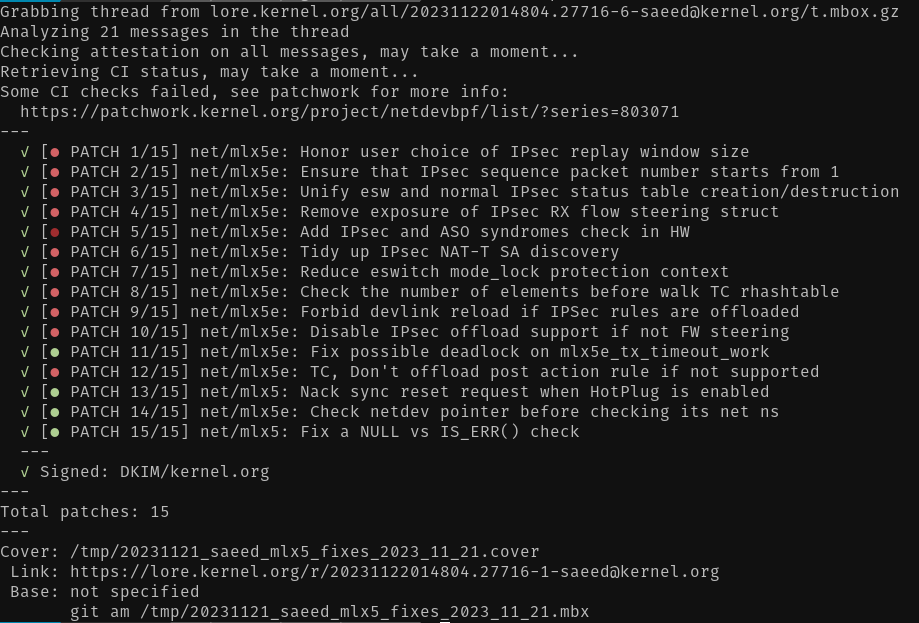Posts
262Following
38Followers
283#standwithukraine 🇵🇱 🇪🇺 🇺🇦 🇨🇭
IRC: krzk
Kernel work related account. Other accounts of mine: @krzk@mastodon.social
Krzysztof Kozlowski
krzkI just applied last patches for Linux kernel bringing support for the Google Tensor GS101 SoC (derivative of Samsung Exynos):
https://lore.kernel.org/linux-samsung-soc/170249498744.308886.17508790332822828341.b4-ty@linaro.org/T/#u
Commits will hit tomorrow's linux-next and probably next week I will send pull request with them to SoC (@arnd@society.oftrolls.com and Olof) for the next merge window. Good job Peter Griffin and @LinaroLtd :)
I can finally reveal some research I've been involved with over the past year or so.
We (@redford, @mrtick and I) have reverse engineered the PLC code of NEWAG Impuls EMUs. These trains were locking up for arbitrary reasons after being serviced at third-party workshops. The manufacturer argued that this was because of malpractice by these workshops, and that they should be serviced by them instead of third parti
es.
1/4
Krzysztof Kozlowski
krzkAfter few of such cases, I stopped entirely reporting linux-next issues hit on my systems, unless the issue is visible for like two weeks. After two weeks, if my CI is still finding the issue, then there is a chance I will be credited with finding it...
Krzysztof Kozlowski
krzk
Oleksandr Natalenko, MSE 
oleksandr@natalenko.name
A reminder about what Muscovy did to us in 1932/33: https://en.wikipedia.org/wiki/Holodomor. Today is the Remembrance Day: https://en.wikipedia.org/wiki/Holodomor_Memorial_Day
Anne Applebaum
anneapplebaum@journa.hostToday is the annual day of remembrance for the Holodomor, the Ukrainian famine. 90 years ago Stalin sent activists to confiscate food from Ukrainian peasants. Millions died.
To mark this day, Putin sent dozens of drones to attack Kyiv.
Like Stalin, Putin wants to erase Ukraine.
Krzysztof Kozlowski
krzkKrzysztof Kozlowski
krzkKrzysztof Kozlowski
krzk$ git diff --dirstat=changes,1 v6.1..v6.6 -- arch/arm64/boot/dts/ | sort -nr
44.6% arch/arm64/boot/dts/qcom/
12.2% arch/arm64/boot/dts/ti/
10.4% arch/arm64/boot/dts/freescale/
10.1% arch/arm64/boot/dts/rockchip/
5.0% arch/arm64/boot/dts/nvidia/
4.3% arch/arm64/boot/dts/mediatek/
3.9% arch/arm64/boot/dts/renesas/
3.5% arch/arm64/boot/dts/apple/
3.4% (the rest)
2.2% arch/arm64/boot/dts/amlogic/
Almost 45% of all changes to ARM64-related hardware in the upstream kernel were for Qualcomm SoCs and boards. That's quite a stunning number.
K. Ryabitsev-Prime 🍁
monsieuriconKrzysztof Kozlowski
krzkKrzysztof Kozlowski
krzkYou get absolutely nothing with enterprise kernels. If bug is in the mainline or upstream stable, Suse and Redhat have the bug as well.
Krzysztof Kozlowski
krzkKrzysztof Kozlowski
krzkv4.14 is a SLTS, so it is old indeed, but we do not compare it with RHEL v4.18. Few years ago (2020) RHEL was still updating v3.10. This is the Uber-Franken-kernel we talk about.
In 2018 RHEL released v2.6 kernel. v2.6, can you imagine?
And do you know that also features get backported to enterprise distro Frankenkernels?
Krzysztof Kozlowski
krzkStable kernels are not that, because they cease to exist at some point. You need to move to newer kernel, thus backporting stops. Beyond that point, it's the distro (Redhat, Suse, also Canonical for some extended support) who creates the Frankenkernel.
And if you ever want to call stable upstream a "Frankenkernel", then Suse and Redhat create Uber-super-Franken-master-kernel...


